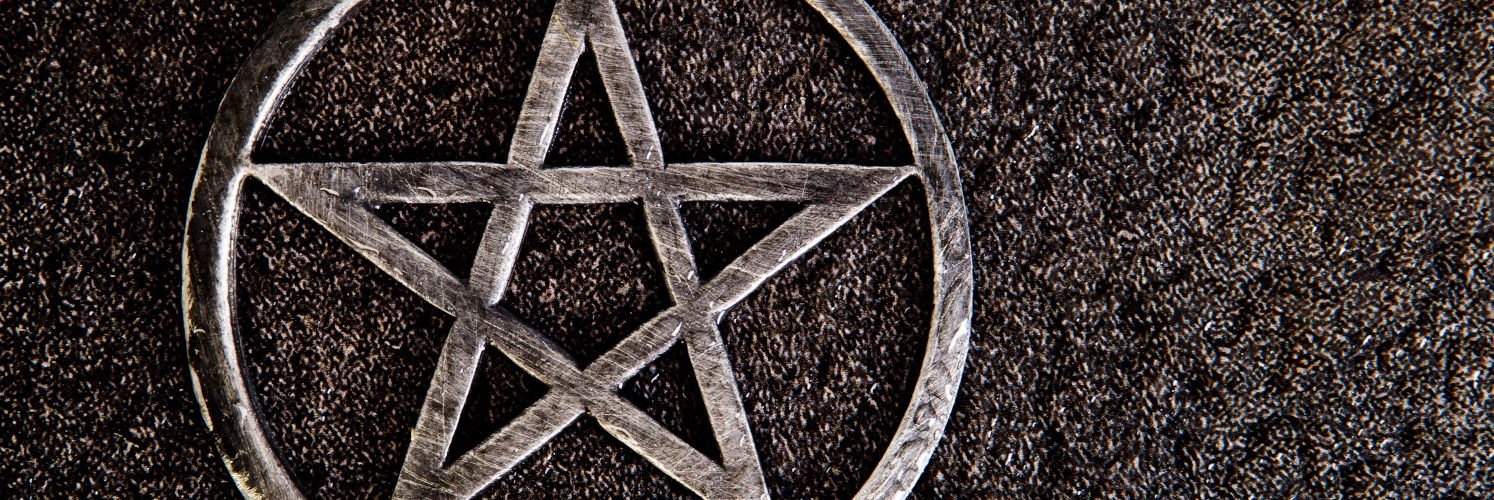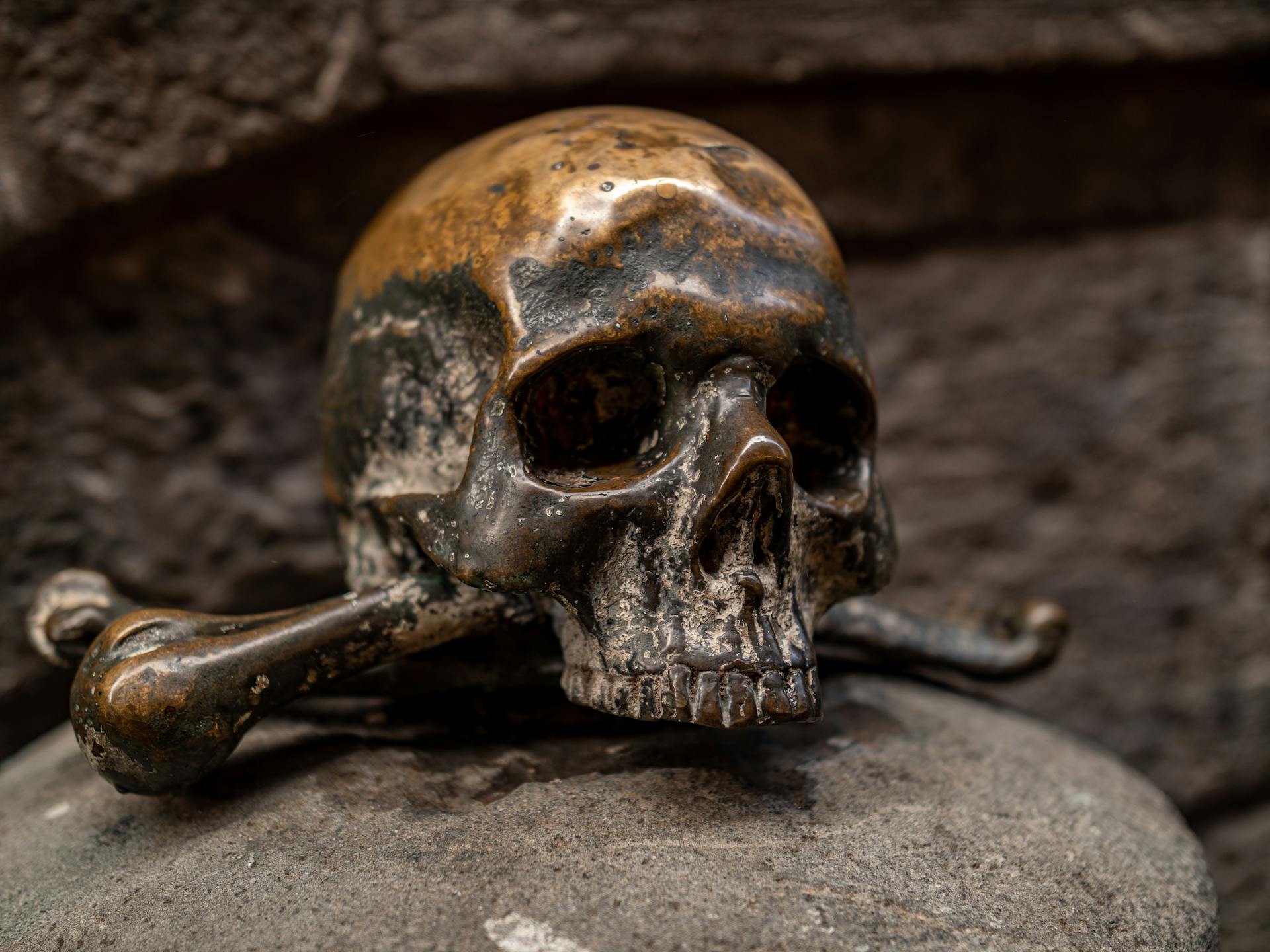Over the last couple of decades, there has been a widespread push in modern Paganism to look at our history — our real history, not the mythological pseudohistory that tells of a pan-European Goddess cult and nine million women dying in the Burning Times. This push has led to increased scholarship in Pagan Studies and more accurate detailing of history in titles available to a wide audience. It has also led to the desire for a deeper, richer interaction with our history and the people who played a part in it. Ancestor veneration, which is the act of respecting our ancestors and petitioning them for aid in our lives, is a practice found in a variety of religious traditions, and it’s finding a home as a devotional practice among Pagans. But what is it and how can you know if it’s right for you?
I never thought of myself as an ancestor-venerating kind of person. I’m not very close with my family, and I always equated ancestor veneration with family veneration. When I thought about it, the things that came to mind were the huge Dia de los Muertos ofrendas of Mexican cultural practice or the ancestral shrines of Chinese traditional religion. And those things didn’t really fit my life or my practice. I felt like they didn’t apply to me as a white American of (mostly) Scots-Irish heritage. So naturally, over time, as I continued my own spiritual work, I came to develop an affinity for working with magickal ancestors, both named and unnamed. In Wicca, initiates have a spiritual lineage that passes from teacher to student, but as witches we also have kinship with other magickal practitioners, herbalists, midwives, and wise folk from across the world and throughout history. Those — and a small selection of family members — are the ancestors I venerate.
But what is ancestor veneration? And what is it not? And how do you know if it’s the right practice for you?
What Ancestor Veneration Isn’t
First of all, ancestor veneration isn’t ancestor worship. The ancestors aren’t gods; they’re human beings who happen to be dead. We go to them for advice, we keep their stories alive, we ask their assistance, and we assist them in their ongoing projects. But we don’t worship them.
Second, ancestor veneration isn’t necessarily family veneration. The ancestors encompass more than our bloodline or our legal family and go much further back than we can remember the names of. There is power in the blood, yes, but it’s important to recognize that as human beings we are all related to one another. We all share a common ancestor. Therefore, anyone who has died can be elevated to the position of ancestor if they wish for their memories to be kept alive after death and their will to be worked in the world. Yes, even people who are younger than you. Yes, even people who aren’t in your direct family tree.
Third, ancestor veneration isn’t genealogy, although genealogical research might figure in to some people’s practice as they learn more about the lives of their named familial ancestors. Rather, ancestor veneration is the respect and esteem held for those who have gone before us, and who are our family, whether by birth or choice. It’s about keeping the keeping the memories alive, telling the stories to the younger generation, helping others know a little bit about the ancestor even if they were gone a long time ago.
What Ancestor Veneration Is
Ancestor Veneration is respect. It’s mindfulness of who people were when they were alive, what they stood for, what they sacrificed to bring into the world. It’s knowledge of their legacy and participation in preserving and advancing that legacy. It’s intimacy in knowing that your ancestors, with their vast wisdom and experience, have chosen to support you in your life and will stand at the edge of the Veil and welcome you into the spirit world when you pass and become an ancestor yourself. It’s devotion to a path that is truly individual and dependent on the connections you forge and maintain with the spirits. It’s commitment to promises. It’s sacrifice. And it’s an amazing feeling of love and fellowship and support on your journey through life.
Ancestor veneration is a practice, meaning you must do it in order to receive the benefit of the practice. That practice can be simple, such as sharing your dinner as an offering, or complex, such as performing rituals dedicated to receiving channelled knowledge from specific ancestors. It’s also highly individualized, meaning there’s a lot of variation in what practices look like from one person to another. Some people may not feel called to do ancestor veneration at all. Others may work extensively with ancestor spirits over other kinds of spirit guides. It takes some measure of reflection to decide whether or not ancestor veneration is a practice you’d like to add to your personal path.
Incorporating Ancestor Veneration Into Your Practice
If you think ancestor veneration is something you would like to incorporate into your practice, I recommend starting with a small circle of relatives — parents, aunts and uncles, first cousins, grandparents, great-aunts and great-uncles, great-grandparents — and learning more about them as people. Focus on the ones who seem interesting to you or that you had a good relationship with in life. Learn their stories. Preserve their legacies.
Then expand your circle to spiritual ancestors — initiator, initiator’s initiator, fellow coveners who have passed, well-known figures on your path. Again, focus on the ones who interest you or that you had a good relationship with in life. Many of your elders may not be ancestors yet, so preserve their stories now so that when they do become ancestors, the younger generation may know them through these stories.
When you feel ready to reach out to your ancestors, write an invocation to them to use in circle or a petition to say when you need their support. Then reach out to them and communicate! I’ve written more about this process to help you find some direction.

